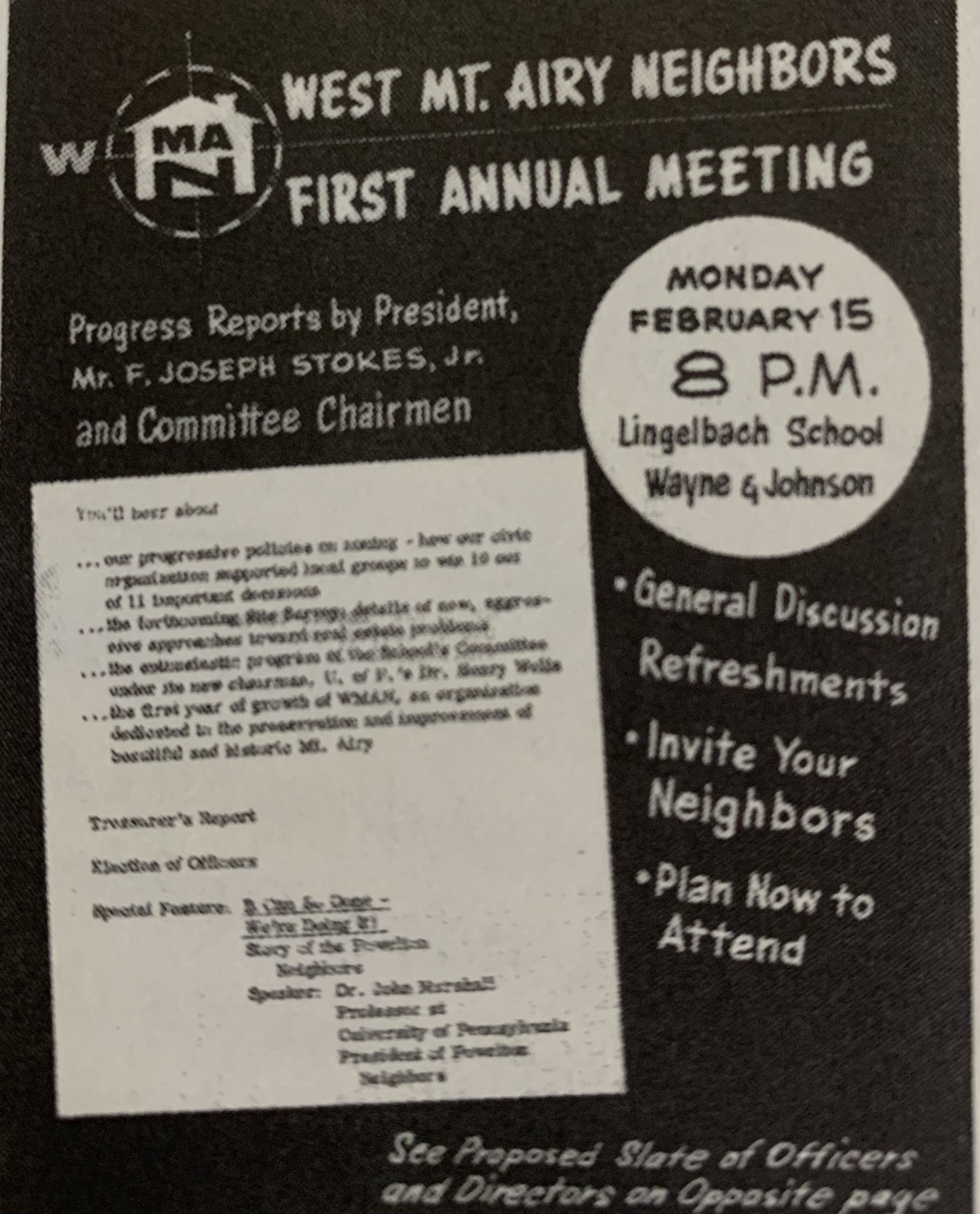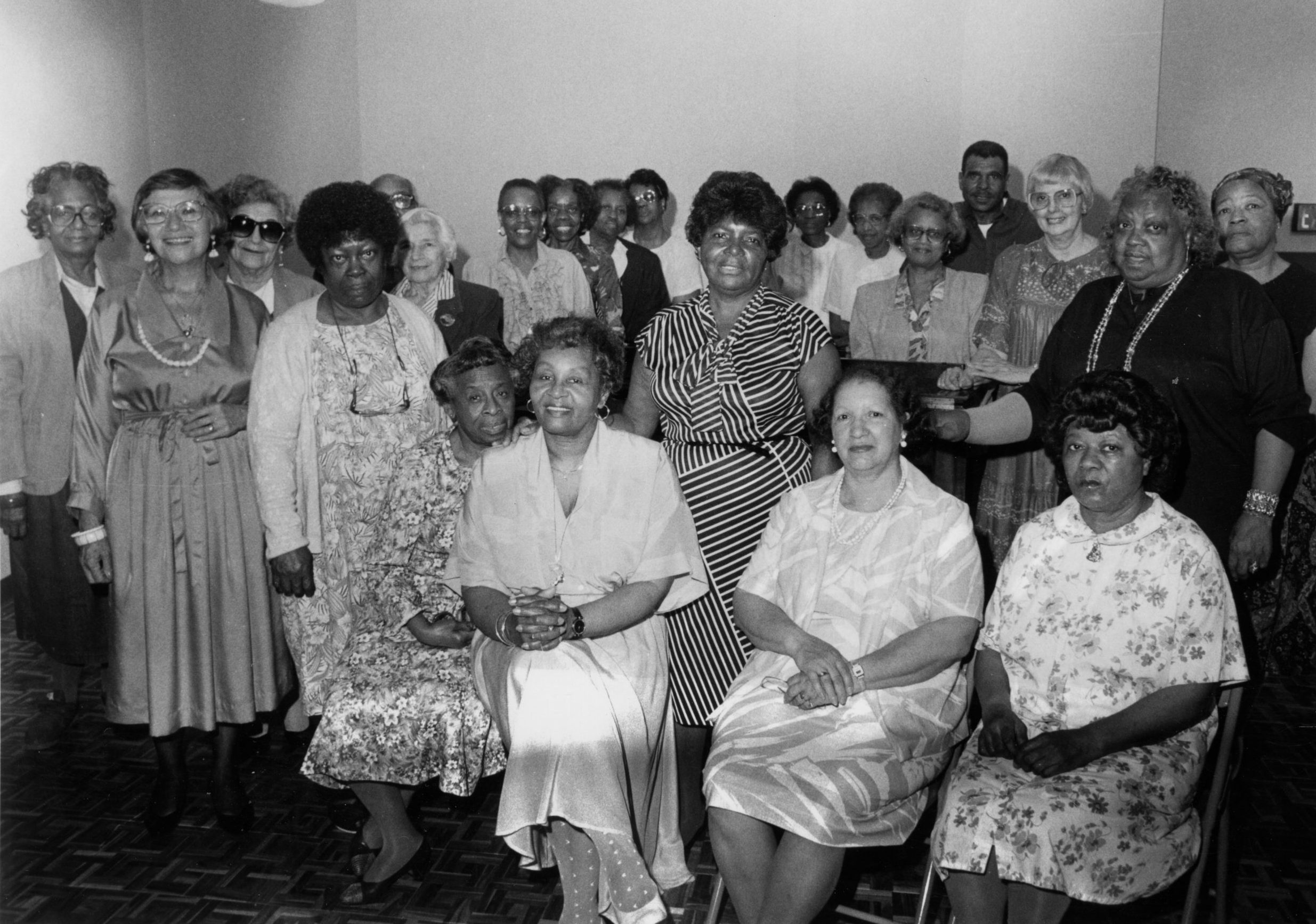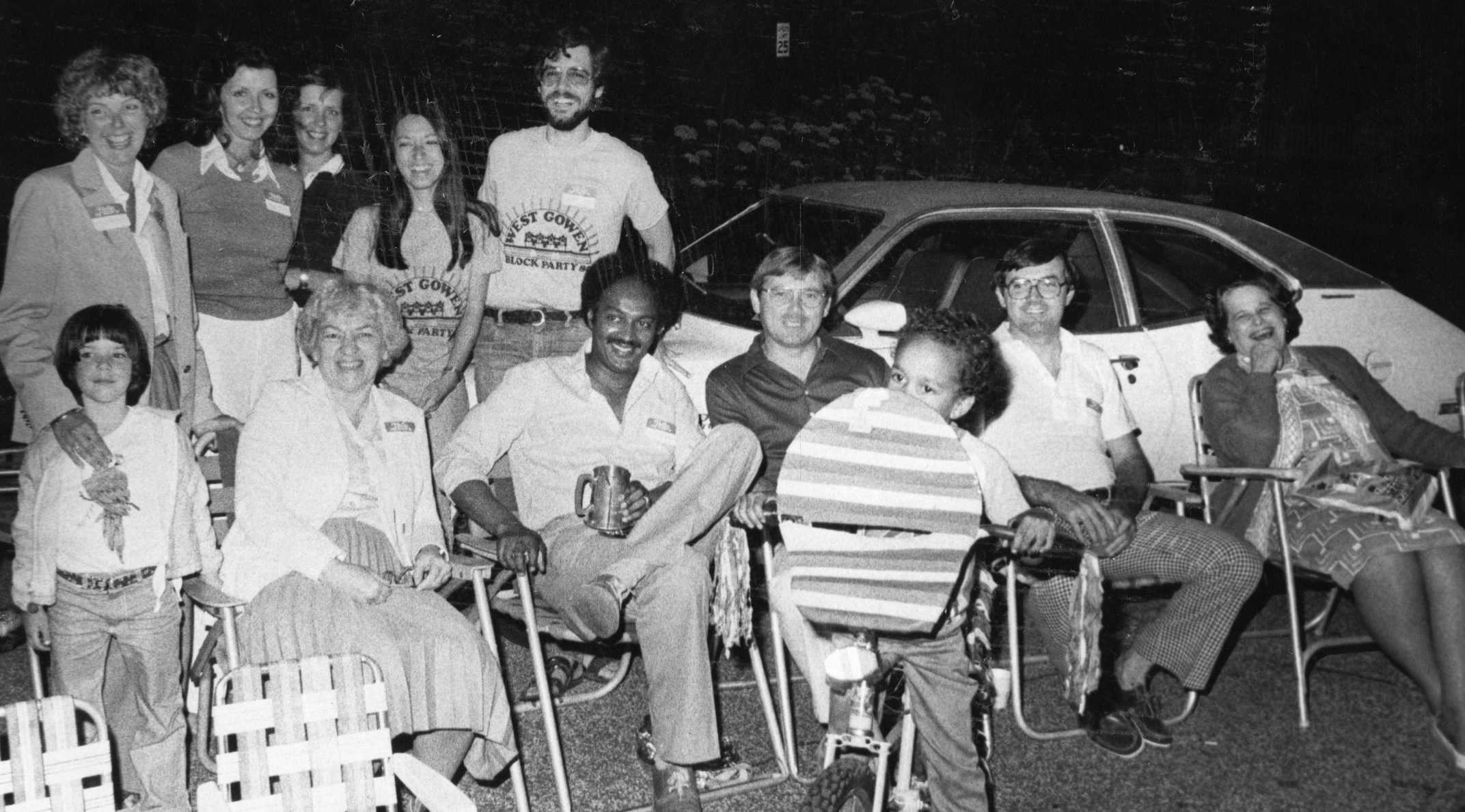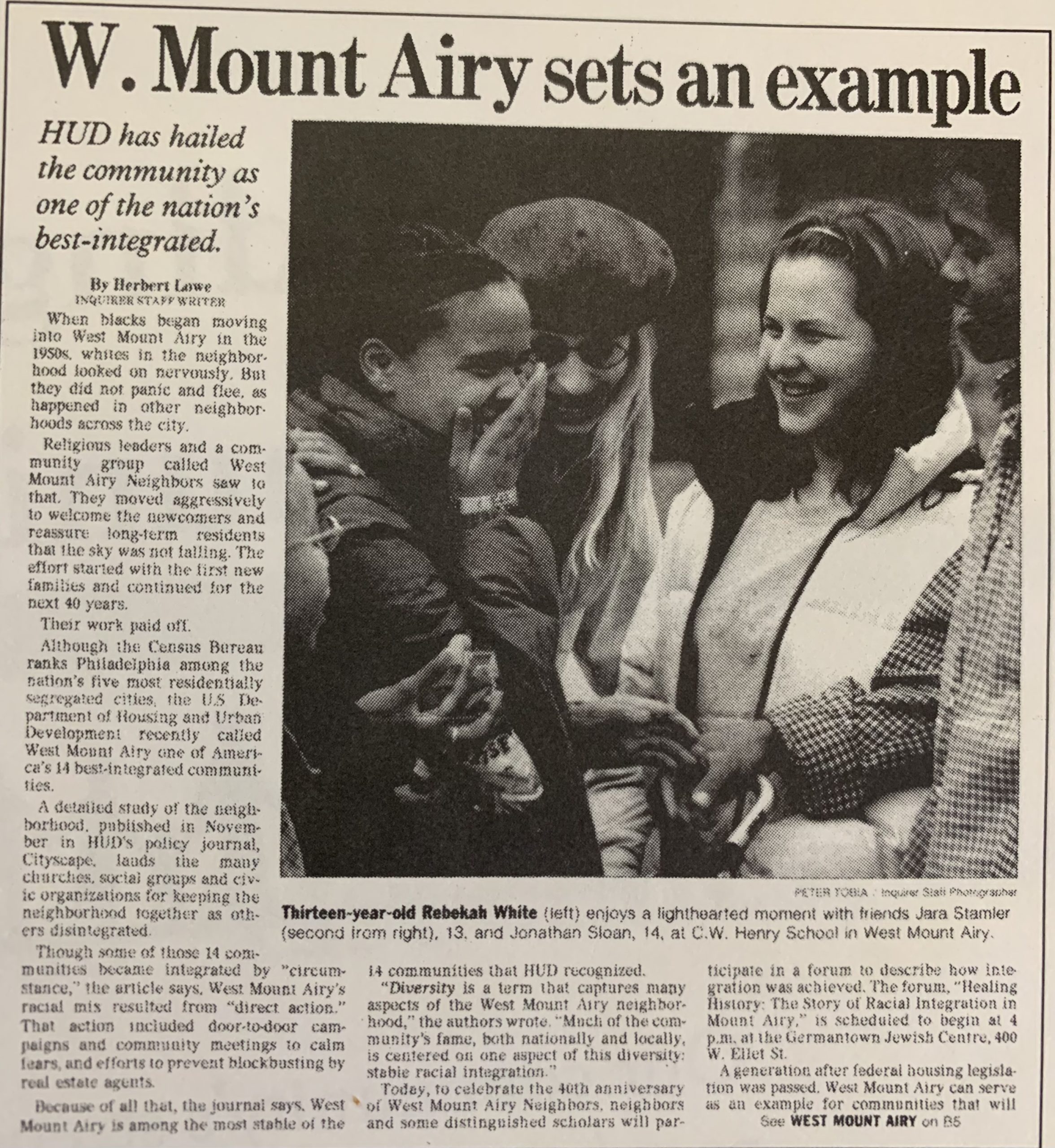Our Legacy
An Overview of Origins & History
WMAN Origins: 1953—1959
The origins of WMAN go back to 1953. In that year, religious and lay leaders of the Unitarian Society of Germantown, Germantown Jewish Centre, and Epiphany Episcopal Church formed the Church Community Relations Council of Pelham in response to African Americans moving into the community.
They drafted a statement of moral principle, “This We Believe About Our Neighborhood;” held discussions within and among congregations, in homes, and in religious institutions; spoke out to promote a positive attitude toward change; and prepared guidelines to eliminate panic-induced flight of white residents.

The same year, the Allens Lane Art Center, an outgrowth of the Henry Home & School Association, was founded to bring people of different races together through the arts. The Center was envisioned as a way to reduce racial tension at the school.
In 1954, a group calling itself “West Mt. Airy Neighbors” met at the Germantown Jewish Centre, elected officers, and drafted a 3-plank program aimed at the development of a “truly integrated” neighborhood. The group concentrated on finding as many “like-minded” people on as many blocks as possible within the area bounded by Ellet Street, Wayne Ave, and the railroad.
The group coordinated with the Church Community Relations Council. Both organizations held joint meetings that included both black and white residents.
In 1958, WMAN was organized as an umbrella group, a central organization with clout to speak on behalf of all of West Mt. Airy. It was founded by George Schermer and an inter-racial core group of 50 families drawn from activists in the earlier organizations. Schermer delineated structure, purpose, boundaries, committees, tasks, and even committee membership.
On January 13, 1959, a public organizational meeting was held with Schermer and Henry Churchill as speakers, with 300 people in attendance.

WMAN Program: 1959-1965
This was a period characterized by bold thinking, bold actions, and public relations savvy. Efforts went into developing a system of committees and actions that could control external pressures toward racial transition.
Block busting (the practice of unscrupulous realtors of persuading white homeowners to sell quickly, and usually at a loss, by appealing to the fear that minority groups will move into a neighborhood, causing property values to decline. The property is then resold at inflated prices) was prevented in West Mt. Airy because of WMAN’s role as a clearinghouse of real estate practices.
WMAN’s agenda stressed the positive aspects of the community, emphasizing how desirable a neighborhood it was for both black and white residents.

WMAN Program: 1965-1979
By 1965, West Mt. Airy had achieved racial stability and WMAN efforts had turned toward improving the quality of internal community life. WMAN became a clearinghouse of ideas and projects that were left to the local block organizations to accept, modify, or reject.

WMAN Program: 1980-1999
In the 1980s and 1990s, WMAN cooperated with East Mt. Airy Neighbors to establish the following organizations and joint committees:
- Mt. Airy USA – Formerly Mt. Airy Village Development Corp.
- Mt. Airy Learning Tree
- Mt. Airy Express (local newspaper)
- Mt. Airy Schools Coalition
- Joint EMAN/WMAN Historical Awareness Committee
The 1990s culminated with WMAN marking its 40th Anniversary by highlighting the efforts of 40 Good Neighbors from East and West Mt. Airy whose work strengthened the community.

WMAN Program: 21st century
- Patricia Henning, WMAN’s longest-standing board member (1968 to 2003) was inducted into the Germantown Historical Society Hall of Fame for her efforts to cultivate a history of the community.
- West Mount Airy is cited in US News & World Report and Oprah Winfrey’s O magazine for its racial diversity and neighborhood appeal.
- WMAN and EMAN jointly launch the Breaking Bread, Building Bridges program, a contemporary dining experience using food’s power as a connector, to help community members foster relationships and build connections during the pandemic, a time of extraordinary isolation.
- WMAN Climate & Environment Committee launches important programs, including Tree Tenders, Keep Mt. Airy Green and Mount Airy Trash Team (MATT).
- WMAN hosts a series of online community discussions, Race Still Matters, focused on community engagement and renewal.


